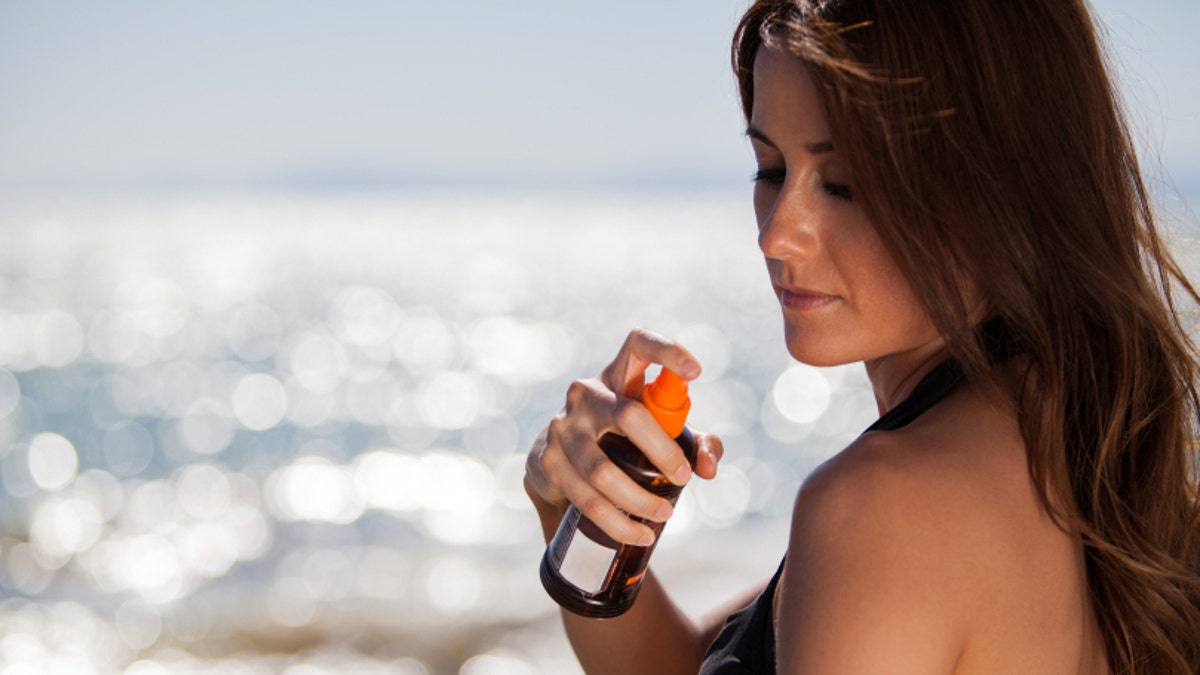
Spray-on sunscreen may seem like an easy option for those hoping to avoid the sun’s damaging rays, but a new report finds these products may carry their own “heated” health risk.
In a new Consumer Update, the Food and Drug Administration (FDA) detailed five separate incidents in which people using sunscreen spray suffered severe burns when standing near open flames. The burns were so significant that they required medical treatment.
The sources of ignition varied among the individuals and included the lighting of a cigarette, standing next to a lit candle, walking next to a grill, and even doing some welding.
While all of these cases involved products that have since been voluntarily recalled, the FDA cautioned that many other sunscreen spray products also contain flammable ingredients – most commonly alcohol. These components can also be found in other spray products, such as hairspray and bug repellants.
A label warning will indicate whether or not a product contains flammable ingredients. If one is present, spray products should never be applied near an open flame source. However, the incidents described in the FDA’s report all occurred after sunscreen had been applied, suggesting the possibility that these products may catch fire near an open flame after they are already on the skin.
"Based on this information, we recommend that after you have applied a sunscreen spray labeled as flammable, you consider avoiding being near an open flame, sparks or an ignition source," said Dr. Narayan Nair, a lead medical officer at the FDA.
Although the FDA advised consumers to be cautious when using sunscreen spray, the agency maintained that sunscreen application is crucial when venturing out into the summer sun. To reduce the risk of skin cancer and early skin aging, the FDA recommends regularly using a sunscreen with a Broad Spectrum SPF (Sun Protection Factor) value of 15 or higher. Limiting time in the sun and wearing protective clothing such as long-sleeve shirts and pants can also decrease this risk.
